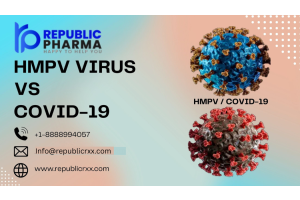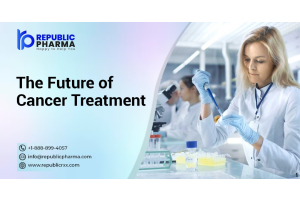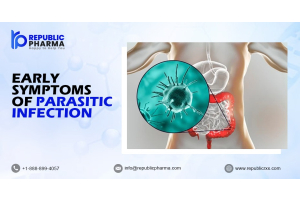Chronic Kidney Disease: Diagnosis and Treatment

Chronic Kidney Disease (CKD) is a progressive condition that affects kidney function over time, potentially leading to kidney failure. Understanding CKD is crucial for prevention and effective management, enabling individuals to make informed health choices.
What is Chronic Kidney Disease?
Chronic Kidney Disease is a long-term condition characterized by the gradual loss of kidney function. The kidneys play a vital role in filtering waste and excess fluids from the blood, balancing electrolytes, and producing hormones that regulate blood pressure. When CKD occurs, harmful substances can accumulate in the body, causing various health issues. Often, CKD develops silently over several years, making regular health check-ups essential for early detection.
Stages of Chronic Kidney Disease
CKD is categorized into five stages based on the glomerular filtration rate (GFR):
1. Stage 1: Normal or high GFR (≥ 90 mL/min), with no apparent kidney damage.
2. Stage 2: Mild decrease in GFR (60-89 mL/min) with mild kidney damage.
3. Stage 3: Moderate decrease in GFR (30-59 mL/min); this stage is divided into 3A (45-59 mL/min) and 3B (30-44 mL/min).
4. Stage 4: Severe decrease in GFR (15-29 mL/min), indicating significant kidney damage, requiring intervention.
5. Stage 5: End-stage renal disease (ESRD) with GFR < 15 mL/min, often necessitating dialysis or kidney transplant. Understanding the stages helps in early intervention and management to prevent progression to more severe levels.
Causes of Chronic Kidney Disease
Several factors can contribute to the development of CKD, including: -
1: Diabetes: High blood sugar levels can damage kidney blood vessels.
2: Hypertension: Chronic high blood pressure can harm the kidneys over time.
3: Glomerulonephritis: Inflammation of the kidney's filtering units can lead to CKD.
4: Polycystic kidney disease: A genetic disorder causing kidney cysts can impair function.
5: Prolonged use of certain medications: Overuse of non-steroidal anti-inflammatory drugs (NSAIDs) can be damaging.
6: Age: The risk increases with age, particularly over 60 years. Identifying and managing these risk factors is key to preventing CKD.
Chronic Kidney Disease Signs and Symptoms
Chronic Kidney Disease (CKD) often progresses without noticeable symptoms until the later stages. However, potential signs include:
- Fatigue or weakness
- Swelling in ankles or feet
- Frequent urination or changes in urination patterns
- Nausea or vomiting
- Loss of appetite
- High blood pressure
- Difficulty concentrating Awareness of these signs is crucial for early diagnosis and treatment.
What Are the Medicines Available for Chronic Kidney Disease Treatment?
While there is no cure for Chronic Kidney Disease (CKD), various treatments can help manage symptoms and slow progression: -
- Blood pressure medications: ACE inhibitors or angiotensin II receptor blockers (ARBs) help protect kidney function.
- Diuretics: Help reduce fluid retention.
- Phosphate binders: Control high phosphorus levels in the blood.
- Erythropoiesis-stimulating agents (ESAs): Treat anemia often associated with CKD.
- Vitamins and minerals: Supplements can address deficiencies due to impaired kidney function. Lifestyle changes, including diet adjustments and regular exercise, also play a vital role in treatment.
Conclusion
Chronic Kidney Disease poses significant health challenges, but early diagnosis and proactive management can improve outcomes. Understanding CKD's stages, causes, symptoms, and treatment options empowers individuals to take control of their health. Emphasizing prevention through regular health check-ups, lifestyle modifications, and medication adherence can help maintain kidney health and overall well-being. If you or someone you know is at risk, consult a healthcare professional for guidance and support.





